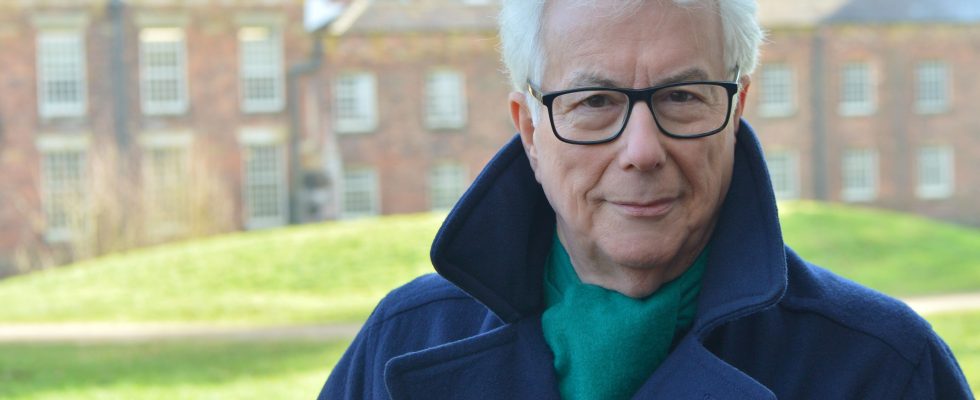On September 20, like Mick Jagger or Hugh Grant, Ken Follett was one of the guests of honor at the dinner given in tribute to Charles III in the Hall of Mirrors. It is estimated that 190 million books have been sold by the British writer worldwide since his debut. Planetary recognition, fortune worthy of Croesus: Follett does not exactly belong to the miserable. Let us not forget that he always declared that he was “left-hearted” and that his wife, Barbara Follett, was for a long time a prominent member of the Labor Party – and for one year Gordon Brown’s Minister of Culture.
In his new novel, Weapons of Light, which extends from 1792 to 1824, Follett recounts the fate of a dozen men and women, often workers, swept up in the industrial revolution, and some sent to the front to fight Napoleon. The heart of the book is Combination Act of 1799 by which the unphilanthropic government of William Pitt had banned unions and collective demands. Follett’s characters mobilize, set up secret societies, revolt. One of them, a weaver, will end up as a deputy and see the repeal of the Combination Act in 1824. We know Follett’s eternal passion for the Beatles: here he is closer to the song Working Class Hero by John Lennon.
In the parking lot of the old factory, his gleaming black and white Rolls
Fifteen days before the King of England’s visit to France, we were the ones who took the plane to Great Britain, heading to Manchester. Ken Follett was waiting for us at Quarry Bank Mill, a former factory in Cheshire now owned by the National Trust, where the novelist researched to write Weapons of Light. In the Quarry Bank Mill car park, we recognized the successful writer’s gleaming black and white Rolls, which is perfectly at home posing in front of looms and weaving machines. Later, one-on-one, we asked him the question that torments us: isn’t it a bit demagogic, for a multimillionaire like him, to take up the cause of the underprivileged in his books?
With his usual relaxation, he smiles: “Be careful: I am a man of the left but certainly not a writer of the left! I have readers from the right as well as the left. Everyone knows my political sensibilities and the career of my wife. People would laugh at me if I started slipping Labor propaganda into my novels. There are often political discussions, but I am content to present the arguments of each side without giving a conclusion. It is it is up to the reader to know what he has to think, it would be offensive for me to impose my views on him… I am very careful about that, and besides in my case, the conservatives often have the best lines. I’m not interested in my more conservative characters saying stupid things, on the contrary I try to make them intelligent and witty.”
“Napoleon, what a great general”
The last time we interviewed Follett, it was in the library of the Athenaeum, a very chic London club of which he is a member, like Dickens before him: in England, we know (well) how to write about the working classes while wearing a tie. Having the art of going against the grain, Follett begins to praise Napoleon to us: “What a great general, the greatest of his century! When my wife was in politics, she liked to say that her two favorite historical figures were Nelson Mandela and Napoleon. It was shocking! You know his repression of the royalists, when he had 300 opponents shot in front of the Saint-Roch church in 1795? Napoleon was a bloodthirsty man: a demonstration, well he would shoot at it. But on the administrative level, he was very strong…” In Weapons of LightFollett devotes a long passage to Waterloo, with a brilliance that recalls Tolstoy, a remark that delights him: “All my work comes from War and peace. So print in your newspaper that my novel is modern Tolstoy!”
Weapons of Light, pby Ken Follett, trans. from English by Odile Demange, Christel Gaillard-Paris, Valentine Leÿs and Renaud Morin. Robert Laffont, 792 p., €25.90.
